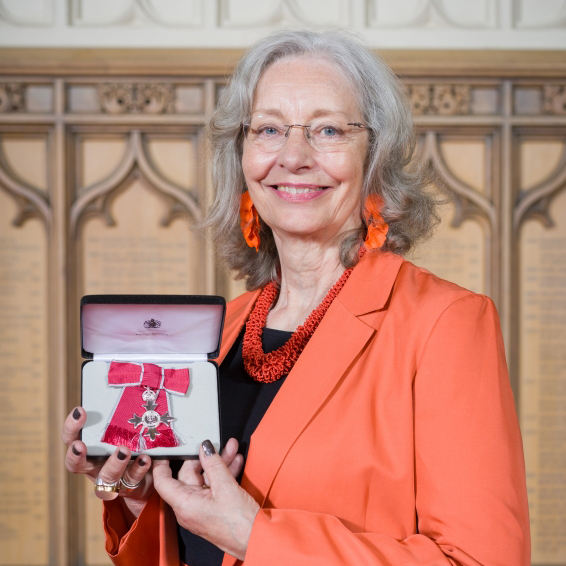Maria Montessori discovered that at around the age of six children enter a new plane of development which will last until they are around 12 years old. What is unique to this period in a child’s life? How can we best support children at this age both as educators and as parents? And how can our understanding of this stage inform our approach to younger children?
Intellectual growth and physical changes – By age six and older, children are changing – they have less baby fat, new teeth and stronger bodies, and they are usually robust and healthy. They possess reasoning minds and a strong sense of justice and fairness. It is a time of intellectual growth that sees children transitioning towards abstract thinking.








